Clean transport is becoming a huge priority in America. Lots of states are going above and beyond to reduce the reliance we have on gas-powered vehicles. Stricter emissions standards and incentives for electric vehicles (EVs) are just the beginning. Some states are right at the forefront of this transition.
In this article, we’ll have a look at some of the states that are leading this period of change across the nation.
California

No conversation about clean transportation can be had without mentioning California. This state has pioneered environmental policies for years, whether it was for cars or not. Its Advanced Clean Cars Program demands more zero-emission vehicles (ZEVs) with each passing year, so it is definitely one of the leaders in America.
By 2035, California even plans to ban the sale of new gas-powered cars entirely, so expect them to be the leader of this movement.
New York

When it comes to battling air pollution, New York isn’t taking a back seat because it has already seen how bad things can get. The state has adopted ambitious ZEV targets alongside some really generous rebates to help people with buying EVs and a growing network of charging stations so that people can charge them.
Washington

Few states are moving as quickly as Washington, but we should expect nothing less from the home of the White House. Washington has set a groundbreaking goal to phase out the sale of gas-powered vehicles by 2030—five years ahead of California’s target. This puts it at the forefront of the charge against gas cars, and its focus on building a statewide charging network and promoting electric public transit reflects a clear vision for the future.
Oregon

For Oregonians, clean transportation isn’t just an idea; it’s a lifestyle that they don’t want to miss out on. A mix of tax incentives, grants, and even some brand-new highway charging networks make electric vehicle ownership both practical and convenient for everyone in this state. Oregon’s broader climate goals depend on these efforts, and it’s already seeing progress toward a low-emission future for all who live there.
Massachusetts

The efforts to make electric cars accessible and normal are accelerating at a massive rate in Massachusetts. Through their new Clean Vehicle Project, residents are given financial support for EV purchases, and the state has even partnered with local utilities to make sure they have a better charging infrastructure.
What’s their goal? To make gas-free transportation the norm by 2035.
Vermont

In Vermont, going electric is as much about practicality as it is about progress. Rural areas are benefiting a lot from brand-new charging stations and lots of generous EV incentives, helping residents make the switch without as much stress.
Can you imagine getting money off on your next gas-powered car? Vermont’s approach ensures that sustainability reaches even its most remote communities, which is fantastic for the future of EVs.
Colorado

Colorado’s clean transportation policies are developing at one of the strongest rates in the country. The state has been combining tax credits, fleet electrification incentives, and EV infrastructure investments to reduce emissions and promote sustainable travel. In aligning all of these efforts with other climate action goals, Colorado has really distinguished itself as one of the leaders in clean energy solutions.
Connecticut
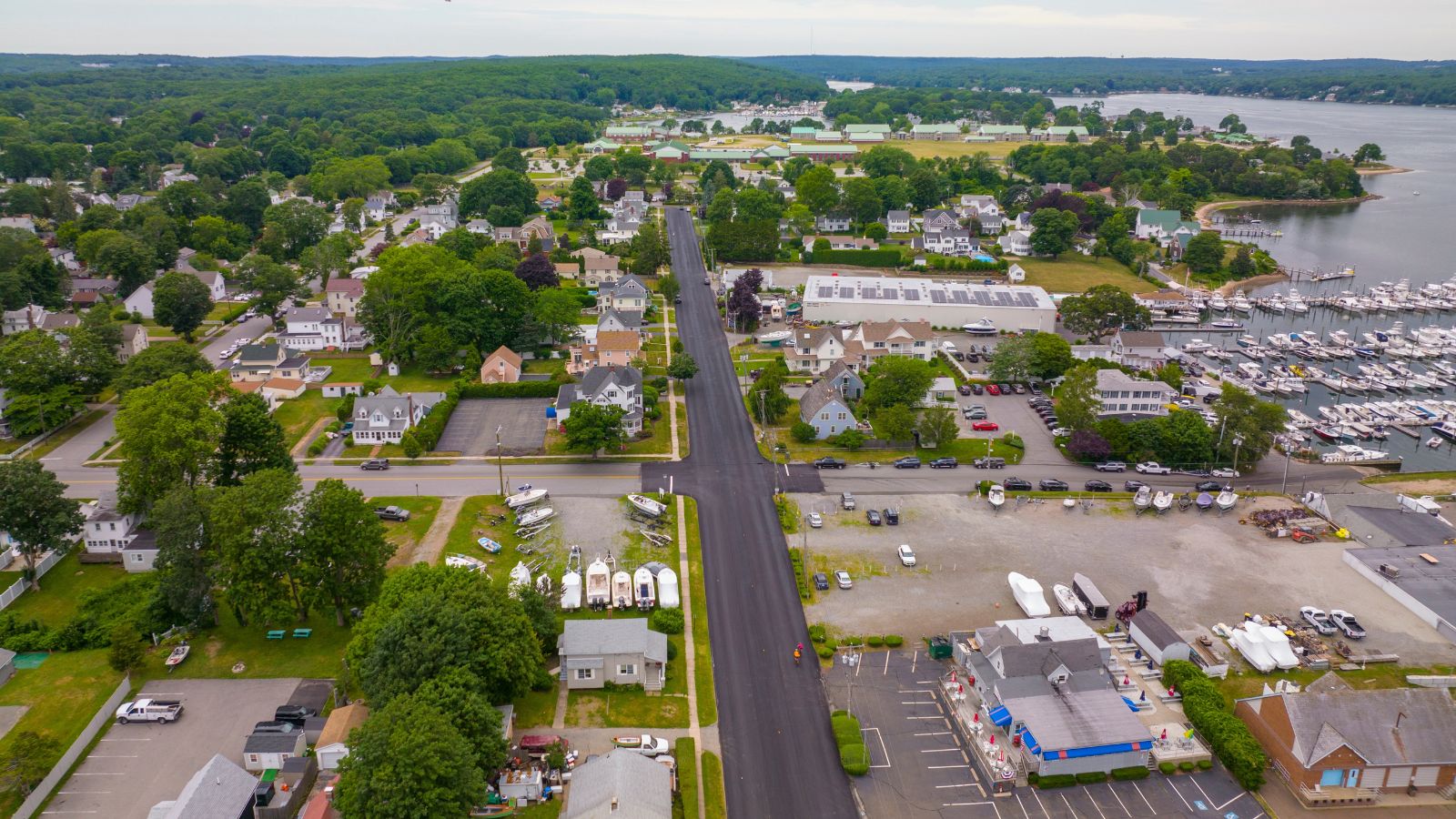
With its CHEAPR program, Connecticut has tried to make EV ownership easier on the wallet for everyone. State rebates and growing charging accessibility have made electric vehicles a practical choice for more residents. By reducing its emissions and developing programs and incentives for its people, Connecticut has really started to clear the road for a cleaner future.
New Jersey

Ambitious incentives have positioned New Jersey as one of the key players in the development of an EV future. Residents benefit from tax breaks and rebates, while the state has heavily invested in charging infrastructure to meet the evergrowing demands of EVs. New Jersey’s focus on cleaner energy transportation reflects its commitment to environmental progress, and there’s no sign that the state is stopping there.
Maryland
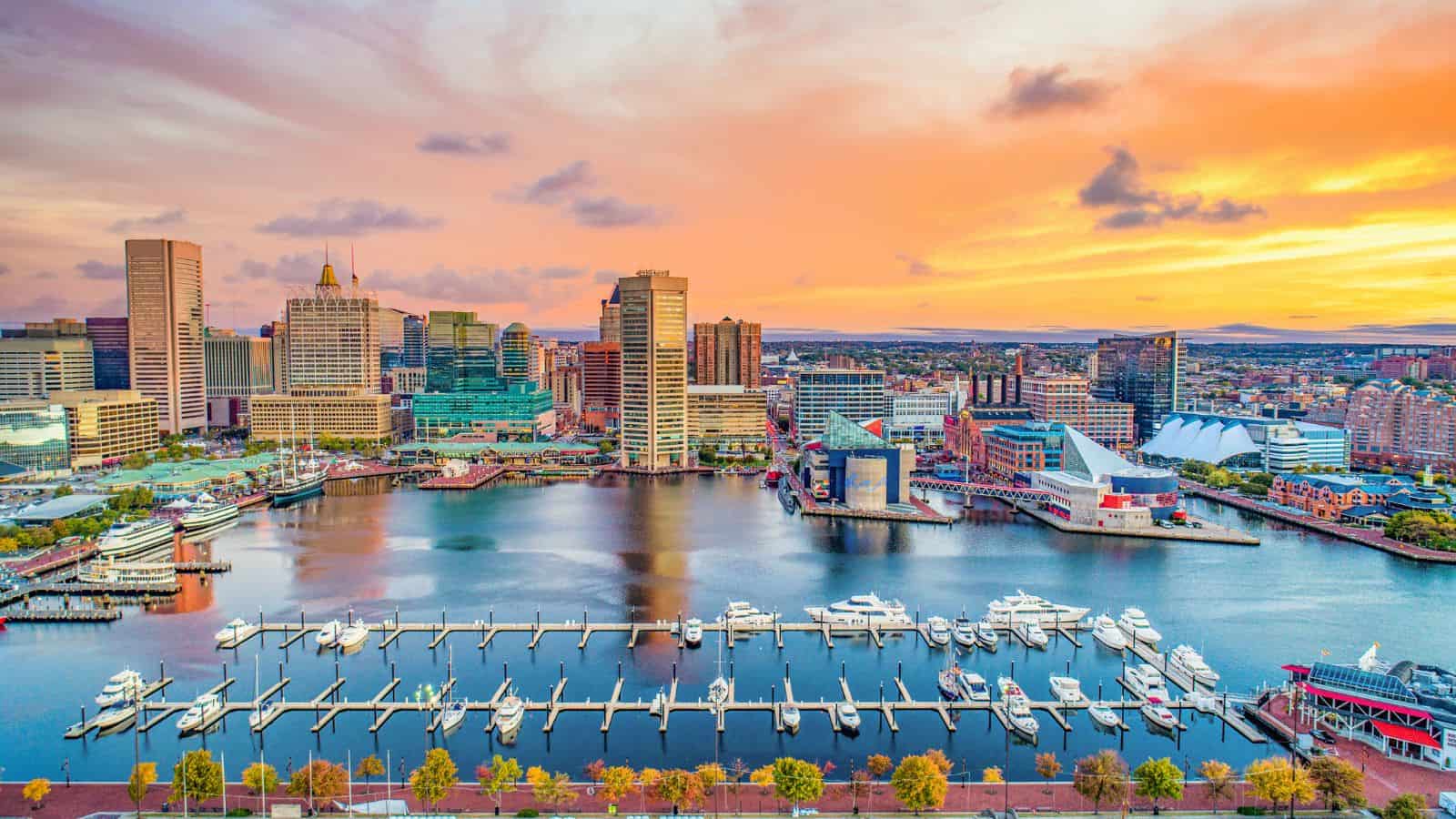
Aiming to put 300,000 EVs on the road by 2025, Maryland is backing its crazy goals with action. Lots of financial incentives have been created to help offset the cost of electric vehicles, and local governments have also been prioritizing the growth of charging networks.
Like other states, Maryland’s leadership has been driving a significant shift toward greener transportation options for all.
Hawaii

When you’re on the beautiful island of Hawaii, electric vehicles probably don’t cross your mind too often. But they’ve made a huge step toward independence from imported energy in recent times. Statewide incentives have made EVs much more attractive, while the expansion of charging infrastructure has made sure that all drivers are supported. As Hawaii pursues its carbon-neutral goal by 2045, clean transportation remains a critical part of keeping the island happy and sunny.
Minnesota
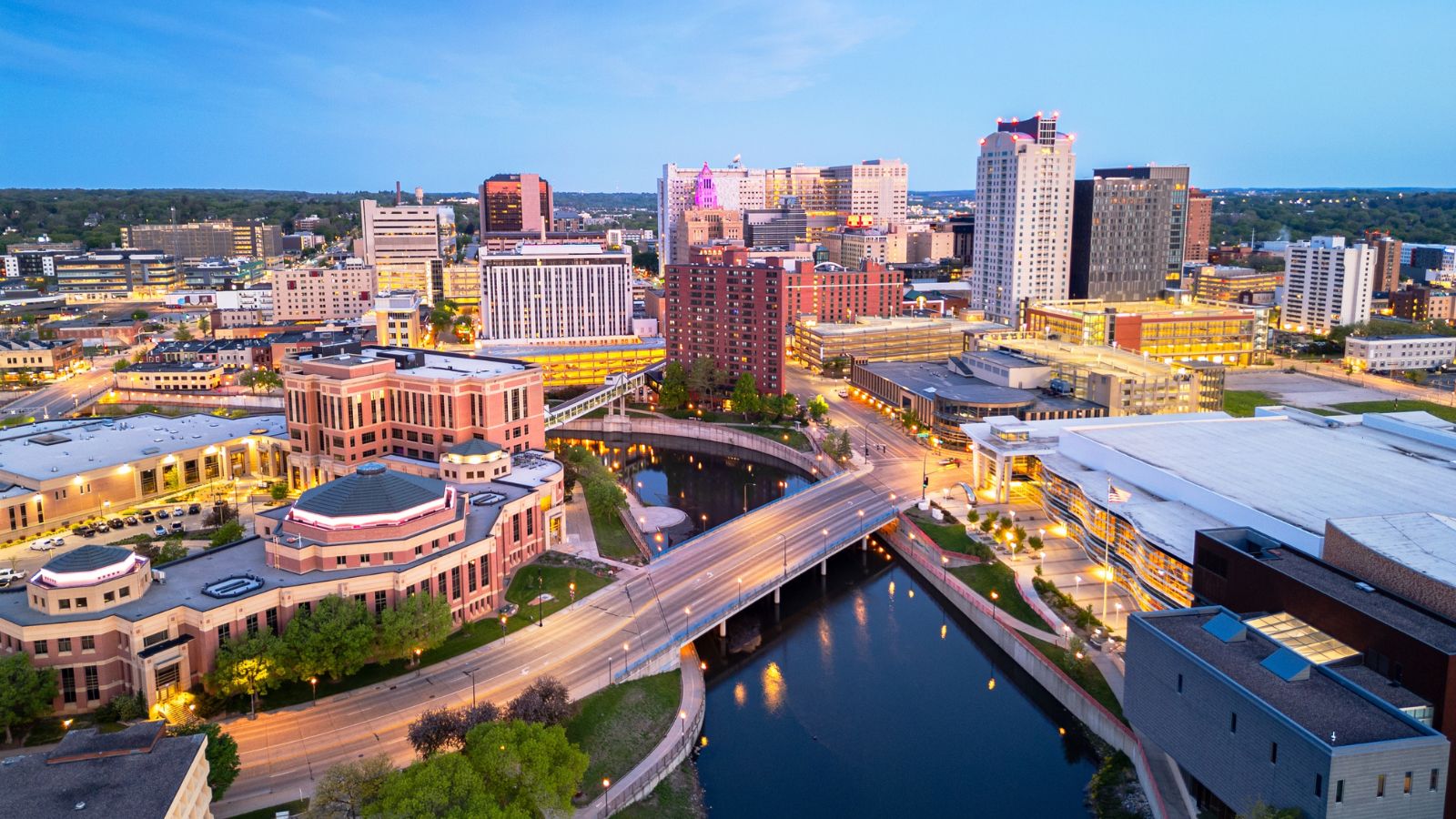
Climate-conscious policies are truly defining Minnesota’s future. The state’s adoption of stricter emissions standards, inspired by California, has been paired with incentives to encourage EV adoption. The hope here is to encourage people to adopt EVs and eliminate the usage of gas-powered cars. With an expanding charging network and strong public support, Minnesota is on track to becoming a cleaner, greener state.
Maine
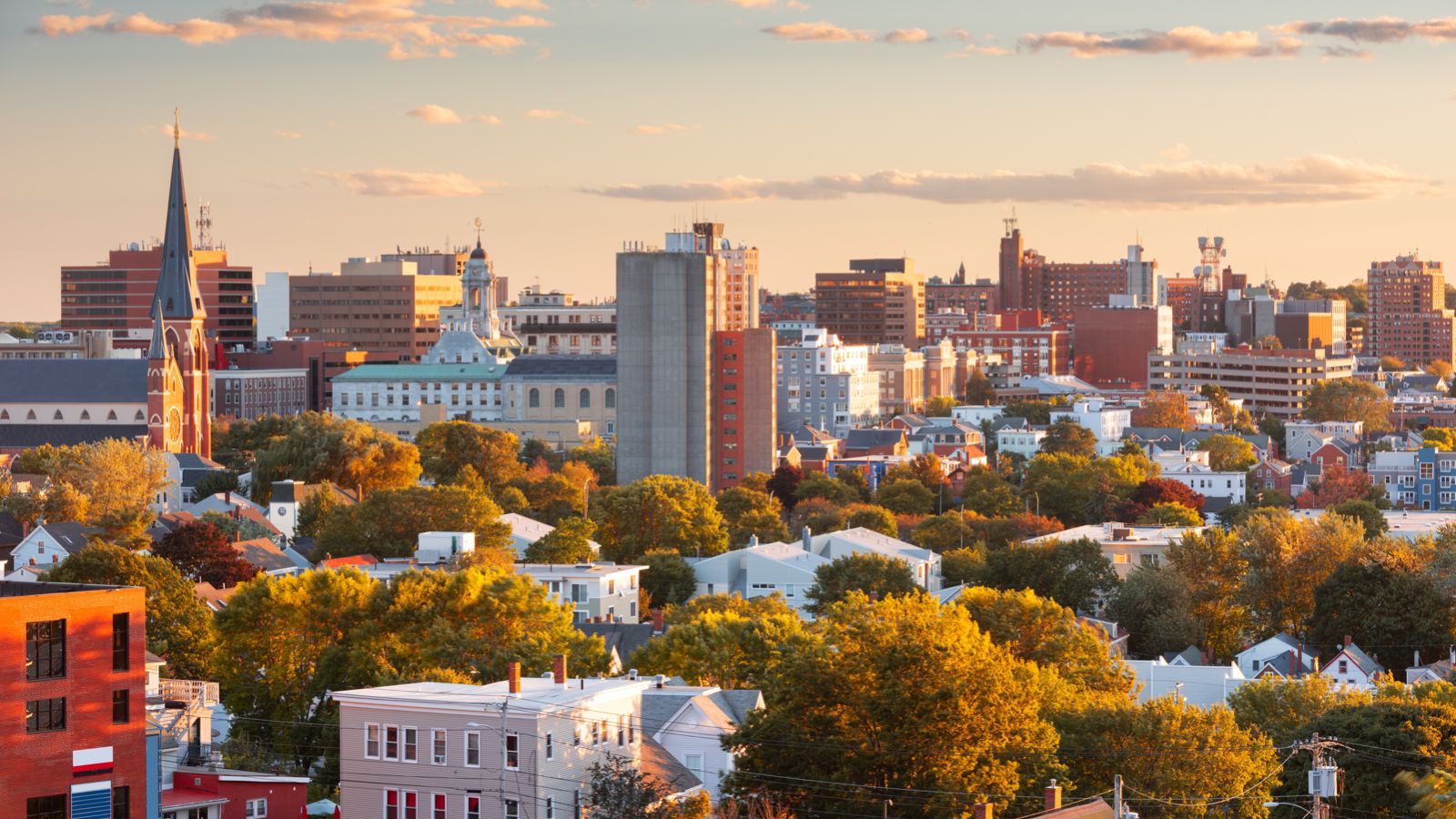
Driving across Maine’s rural roads makes you wonder whether they could really support a transfer to electric vehicles. However, Maine has also given rebates to make electric vehicles more affordable, while charging stations are popping up across the state to ensure drivers can travel with ease. Maine’s initiatives prove that clean transportation can work for everyone, whether you’re in the city or not.
Rhode Island
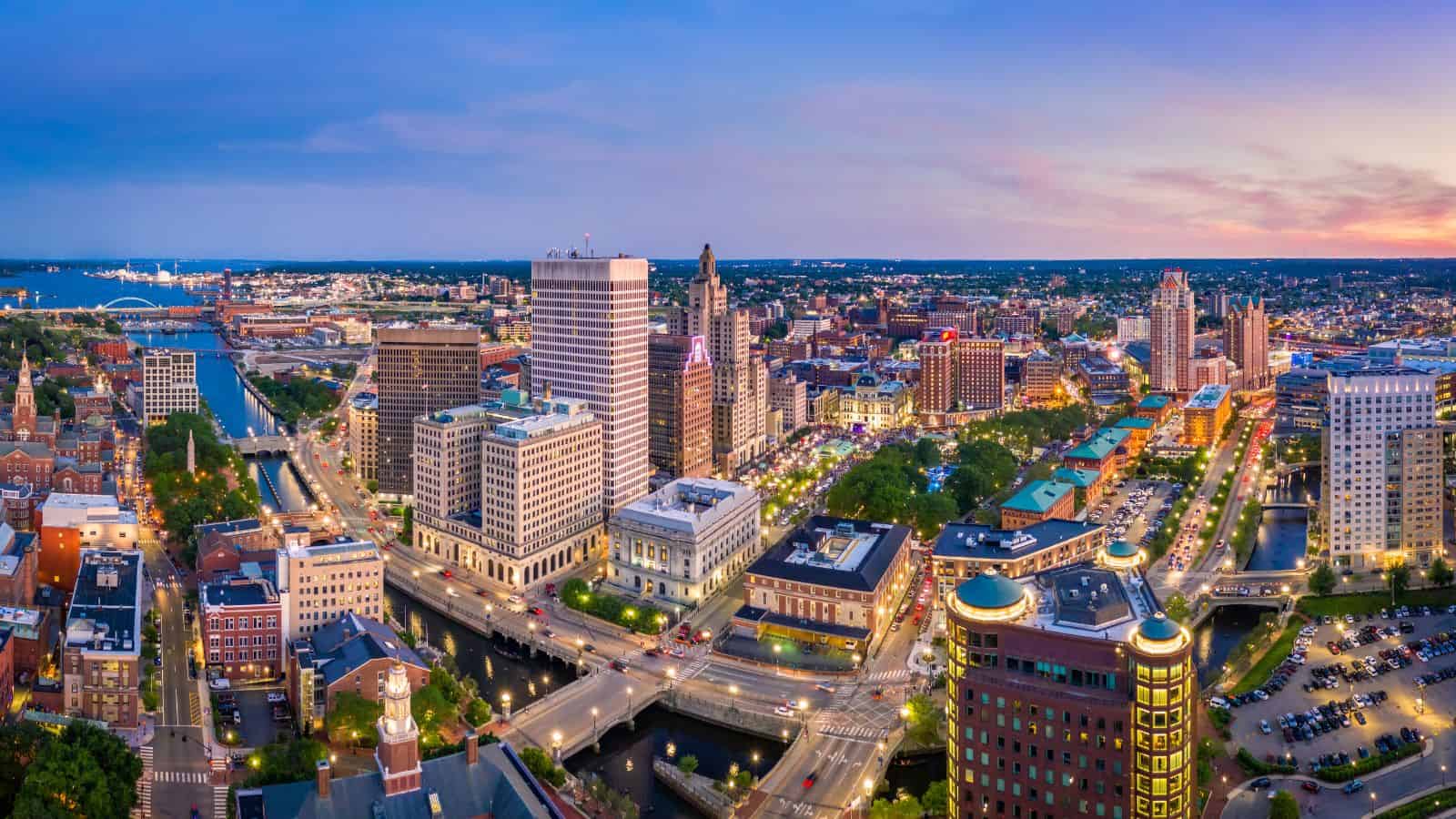
Compact but ambitious, Rhode Island has not let its size change its hefty plans to go full speed ahead with clean transportation. Incentives, public charging networks, and even collaborations with businesses have all been a part of its strategy to phase out gas-powered cars. Its small size also gives it a unique edge because widespread clean transport is much more achievable than in other states.
Virginia

The transition to clean transportation in Virginia is gaining a lot of momentum. State policies offer really strong incentives for EV ownership and prioritize the growth of public charging networks to sustain the increase in EVs on the roads. Fleet electrification initiatives, backed by partnerships with local businesses, are accelerating the state’s shift to electric vehicles. These initiatives have all helped Virginia become one of the leading states in the charge against gas cars.
Nevada

EV adoption in Nevada is really on the rise, thanks to the Drive Clean Nevada initiative. By expanding charging stations and providing incentives that encourage people to buy EVs, the state is making it really easy for residents to go electric. Clean energy solutions like these are helping Nevada reduce emissions and modernize its transportation system. The future looks bright in Nevada, just like the weather.
Illinois

Leading the Midwest, Illinois is pushing for cleaner cars and greener traffic. State programs offer rebates for electric vehicle purchases, and significant investments are fueling the development of charging infrastructure. Like other states, hopefully, these ideas will radically change the country from gas-powered to fully electric.
Michigan

The home of America’s auto industry is embracing a completely new era. Michigan has been pouring resources into charging networks, EV manufacturing, and incentives for residents to make the switch. There’s nothing that can stand in the way of this state.
By leaning toward innovation and clean transportation, Michigan is really shaping the future of the country’s automotive landscape.
